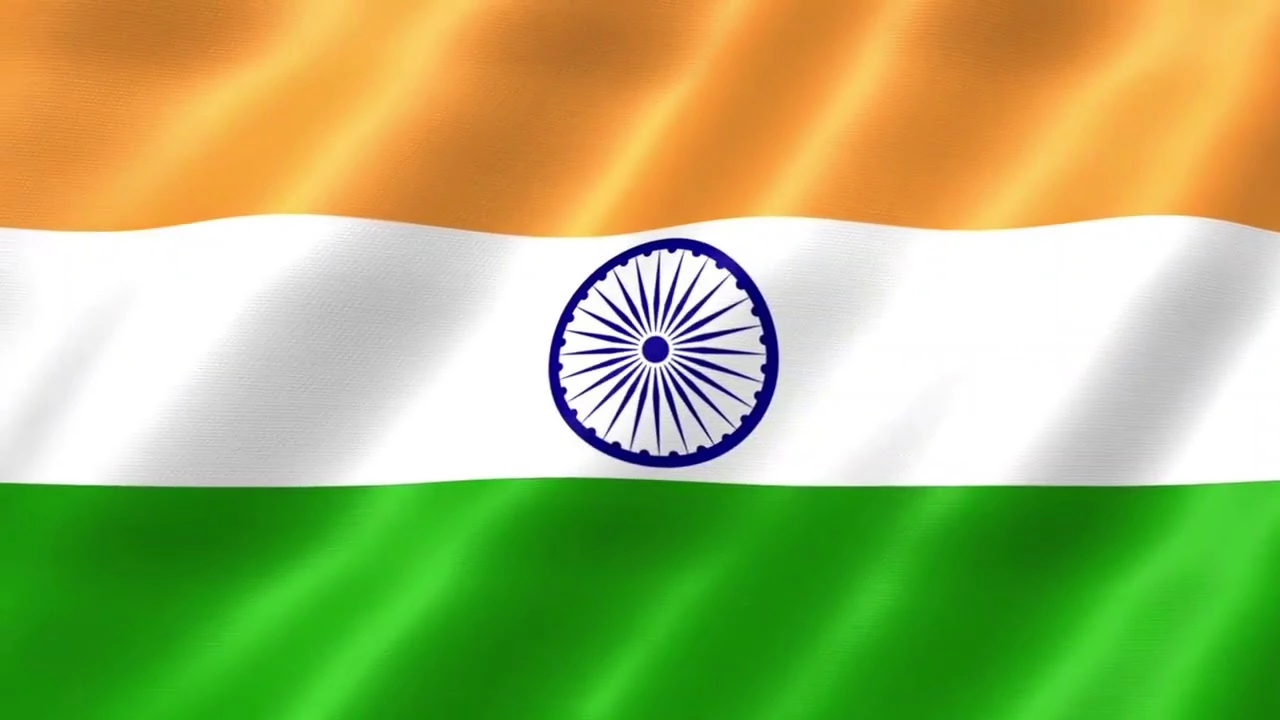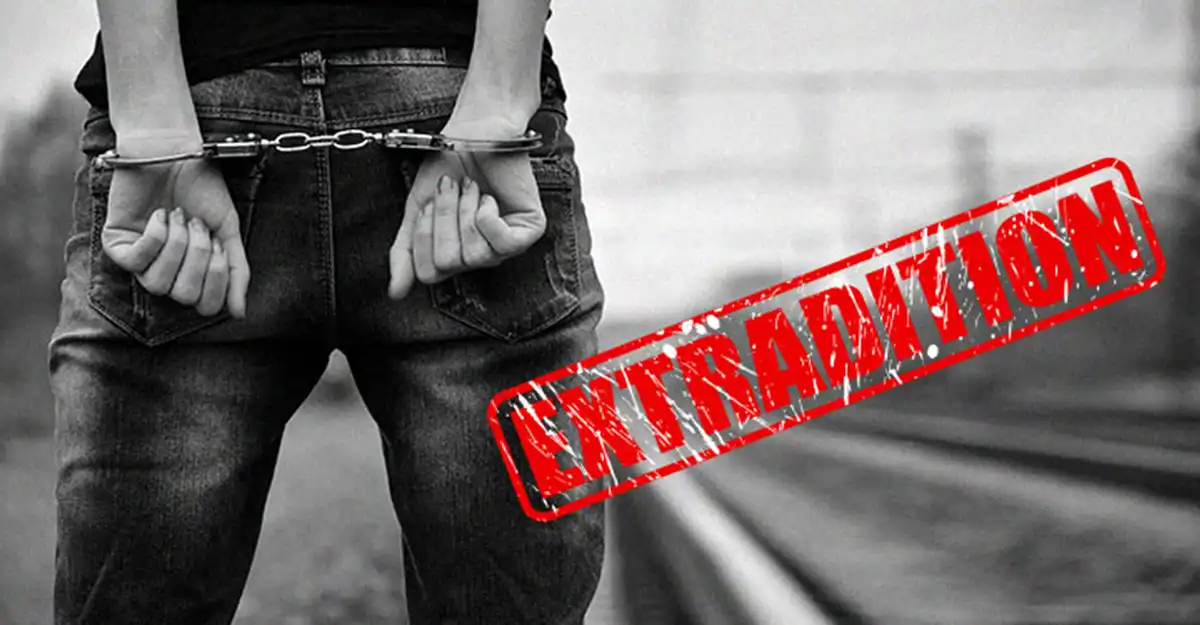
Extradition from the UAE and India
Extradition is the process by which one country transfers a person to another for criminal prosecution or enforcement of a court sentence. It ensures justice and prevents criminals from escaping punishment in criminal matters by moving to other countries. This legal process is regulated by international extradition agreements or the principle of reciprocity.
Its purpose is to uphold international law and facilitate mutual legal assistance in combating crimes such as terrorism, corruption, fraud, and money laundering. The process involves a request, review of evidence, and a decision on extradition. Agreements between countries, like the one between the UAE and India, simplify and expedite the procedure.
Extradition is a key tool for international judicial cooperation against crime. For those asking whether Dubai extradites, the answer is yes, in compliance with international agreements and UAE laws, ensuring justice and human rights protection. For further information or assistance, contact our Interpol Attorney in Dubai.
The conditions of extradition between the United Arab Emirates and India
An extradition agreement between the UAE and India was signed in 1999. It aims to facilitate the transfer of a fugitive criminal and ensure justice is served for offenses committed in the requesting state. The treaty covers serious crimes such as terrorism, fraud, money laundering, and other criminal acts that are punishable by law in both countries.

Extradition is only carried out when the crime is punishable by imprisonment for a term of at least one year in the requesting state and country requested. The agreement stipulates that a person cannot be extradited for political or war crimes. Also, extradition is not possible if the accused person may be subjected to torture or an unfair trial.
Both the requesting state and the country requesting extradition cooperate in providing the evidence necessary for the extradition process. The extradition arrangements begin with a request that includes details of the crime, corroborating evidence, and legal grounds. This UAE extradition treaty helps to improve cooperation between the UAE and India in the fight against crime and ensures more effective justice.
In what cases extradition may be refused?
Extradition may be rejected if the crime for which the transfer is requested is political. Political crimes are not extraditable under international law. If the requesting country cannot provide sufficient evidence of the person’s guilt, extradition may also be refused.
In cases where there is a risk that the person requested may be subjected to bodily harm, ill-treatment, an unfair trial or death penalty, extradition is not carried out. Extradition is not carried out if the crime is not considered criminal in the country receiving the request. In both countries, the act must be recognized as a crime.
Extradition may also be refused if the crime has already been tried in court or the punishment for it has already been executed. This ensures that a person will not be tried twice for the same offense. The agreement between the UAE and India takes into account all these conditions, which helps to protect the rights of the accused and ensure justice.
Principles of the extradition treaty
The UAE-India Extradition Treaty is an important element of international cooperation in the fight against crime. It aims to ensure a fair process for the transfer of a person accused of serious crimes, taking into account human rights and international law.
The treaty is based on clear principles that govern when and under what conditions extradition may be granted. These principles establish the basic rules that ensure transparency and fairness of the process.
Below is a closer look at the principles underlying this agreement.
The Principle of Double Criminality
The principle of double criminalization is one of the key provisions of the extradition agreement between the UAE and India. It means that the extraditable offence for which the person is requested must be recognized as a criminal offense in the laws of both the UAE and India.
This principle ensures fairness and avoids prosecution for actions that are not criminal in the two countries. For example, if the act for which extradition is requested is not criminalized in one of the countries, extradition will not be possible.
The principle of dual criminalization helps to avoid abuse of the extradition process and ensures that persons are only transferred in cases that comply with the legal norms of both states.
Rule of specialty
The specialty rule is an important aspect of the UAE-India extradition treaty. It provides that an extradited person can only be prosecuted or punished for the offense for which he or she was extradited.
This rule ensures that the receiving country cannot expand the charges or prosecute for other offenses without the consent of the extraditing country.
This rule ensures that the receiving country cannot expand the charges or prosecute for other offenses without the consent of the extraditing country.

The specialty rule also protects the rights of the extradited person and ensures transparency of the legal process. To ensure compliance with this rule, Interpol Red Notices are often used, which specify the specific crime for which the person is wanted.
Compliance with the specialty rule is a prerequisite that builds trust between countries and ensures fairness in the extradition process.
The Principle of Proportional Punishment
The principle of proportionality of punishment is an important element of the extradition act between the UAE and India. It means that the offense for which extradition is requested must be commensurate with the level of punishment provided for it in both countries.
This principle ensures that the fugitive accused will not be handed over to be prosecuted or punished for an offense that is considered minor or does not require serious sanctions. For example, crimes that are punishable only by a fine or minor restriction of liberty may not meet the conditions for extradition.
The principle of proportionality of punishment helps to avoid unreasonably harsh treatment of the extradited person. It ensures that extradition is carried out only in cases where the crime is considered serious and deserves a significant punishment under the laws of both countries.
Steps to Request Extradition
The extradition process between the UAE and India involves several successive stages that ensure legal transparency and compliance with international standards.
1. Preparation of the request. The requesting country must prepare an official request. It should contain details of the crime for which the person is requested to be extradited, evidence of his or her involvement, and the legal grounds for extradition.
2. Transmission of the request. The request is transmitted through diplomatic channels. It is submitted to the competent authority of the country from which extradition is requested.
3. Consideration of the extradition request. In the country that received the request, an analysis is carried out to determine whether the request complies with the terms of the extradition treaty. Factors such as the existence of the principle of double criminalization, the absence of a political or military nature of the crime, and compliance with other conditions are assessed.
4. Court decision. If the request meets all the requirements, the case may be referred to the court. The court determines whether the extradition complies with national and international law.
5. Execution of extradition. After a positive court decision, extradition is carried out. The person is handed over to representatives of the requesting country in compliance with all necessary procedures.
This process ensures fairness and transparency, guaranteeing the protection of the rights of the person subject to extradition. The extradition treaty between the UAE and India clearly regulates all stages, which contributes to effective cooperation between the countries.
Seek legal assistance from attorneys
In cases where extradition is required, seek legal assistance from experienced lawyers. They will help you understand the complexities of extradition law, assess the legality of the request, and protect the rights of the person to be extradited.
Legal assistance is needed both to file an extradition request and to defend yourself if extradition concerns you or your loved ones. Lawyers provide advice, analyze evidence, and represent the client’s interests in court.
“Each extradition case is unique and requires a deep knowledge of international and federal law,” says attorney Oleksandr Ivanenko, who specializes in international law.
Professional legal support is also needed to ensure that all procedures comply with international law and the UAE-India agreement. This is especially important in complex cases involving political or financial crimes. For those wondering does Dubai extradite, the answer depends on compliance with the conditions outlined in international agreements and UAE laws, including the assurance of a fair trial and adherence to human rights standards.
For advice or assistance, you can contact us and learn more about how our attorney can help with your case. Legal support guarantees the protection of your rights and transparency of all procedures.
FAQ
Which countries have no extradition treaty with India?
Countries that do not have an extradition treaty with India include Afghanistan, Saudi Arabia, North Korea, Cambodia, Vietnam, Mongolia, Mozambique, Somalia, Ethiopia, Zimbabwe, and several others. However, India has bilateral treaties with several countries, including the United Arab Emirates.
Does Indian criminal law apply to crimes committed outside India?
Yes, the Indian legal framework applies to crimes committed outside the country if they affect India’s interests or are committed by an Indian citizen.
Can extradition from the UAE to India be granted for political crimes?
No, extradition is not permitted if the crime is purely political, according to the terms of the agreement between the countries.
What happens if the UAE/India receives multiple extradition requests at the same time?
In the case of multiple extradition requests, priority is determined based on factors such as the citizenship of the accused, the severity of the crimes, and the dates the requests were received.





